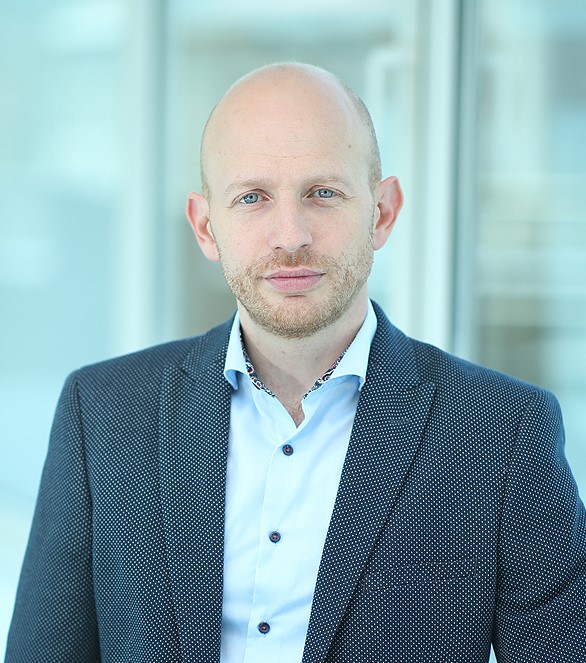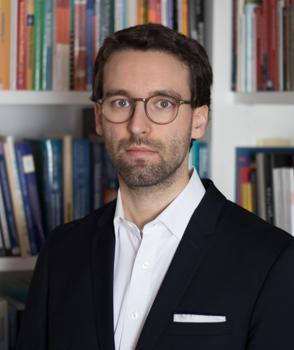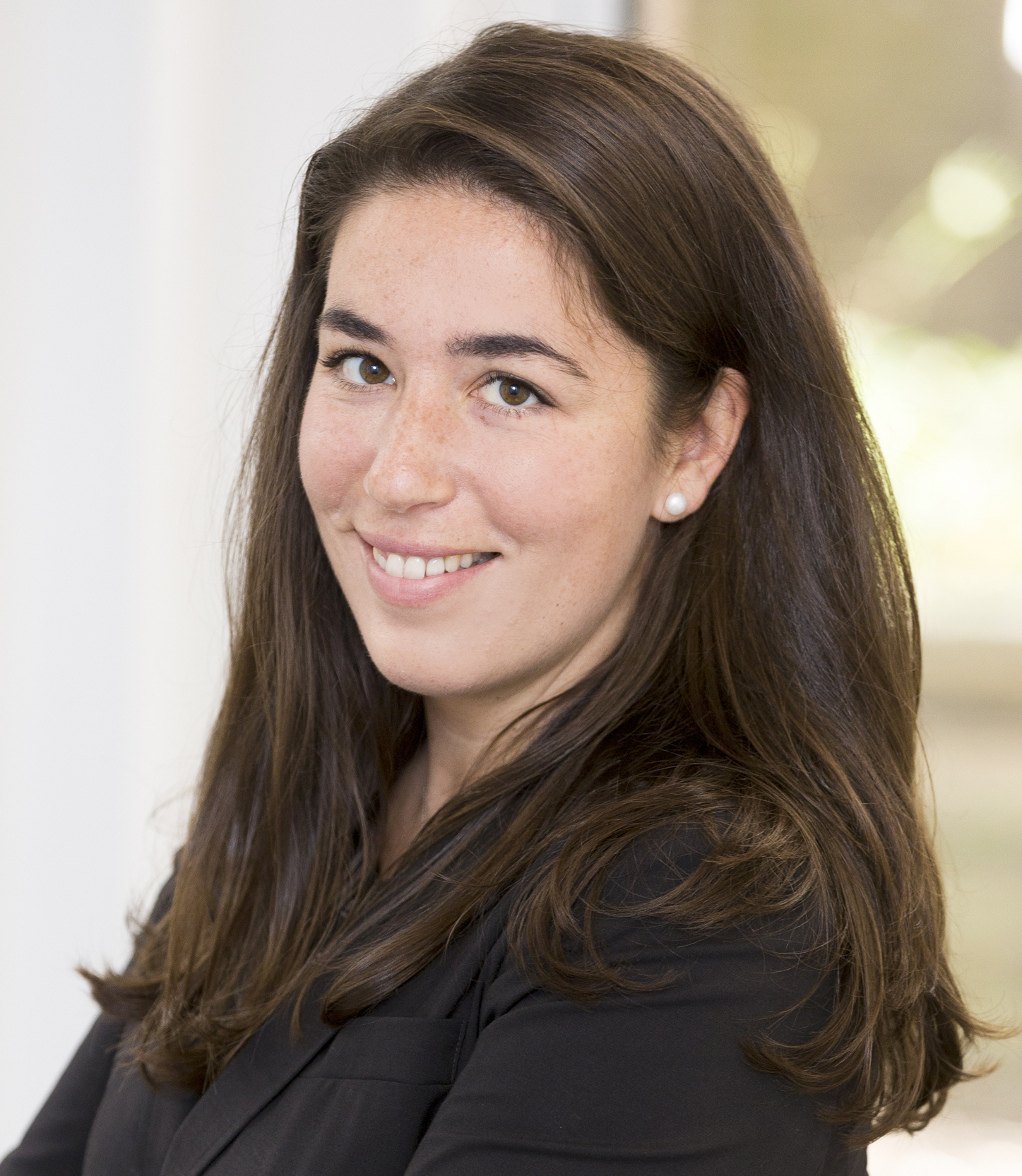
Share this course
Dates
17/04/2024 - 19/04/2024
Location
Sala Europa, Villa Schifanoia
Download the programme
Registration Deadline
08/04/2024
Level
Intermediate, Introductory
Approach
Qualitative
Delivery mode
Residential
Net zero transition plans are set to become a key part of the pathway to implementing the Paris Agreement goal of limiting global warming. They are also emerging as the key forward-looking instrument for banks and their supervisors to capture, manage and mitigate transition risks. Just as governments need detailed plans to show how they will deliver their net zero targets, corporations and financial institutions need to inform stakeholders how they plan to adapt their business model to a rapidly changing environment and mitigate transition risks. In the EU, transition plans are being introduced as mandatory requirements both as part of the corporate disclosure regime and prudential framework (2023 reform of Capital Requirements Regulation and Directive). Several global initiatives shape the broader discussion on transition planning in the financial sector (GFANZ, NGFS, BCBS).
This FBF course on this novel policy area brings together eminent academics, policy-makers and practitioners to systematise the discussion around transition plans (TPs) for a broad audience in the financial and economic policy space. We will explore different types of bank transition plans, both those focused on alignment and risk-based, in the context of broader EU and sectoral policy goals. The interdisciplinary faculty will bring together regulatory and technical perspectives, particularly about the changing policy landscape, methodologies underlying the development and assessment of TPs, as well as sectoral transition insights. The course will include practical activities.
- Develop confidence in understanding the implications of net zero transition for financial institutions
- Gain a systematic understanding of transition plans and be able to distinguish their varying functions
- Acquire state-of-the-art knowledge on current regulatory initiatives concerning transition plans, specifically regarding disclosure and prudential frameworks
- Gain essential tools to engage professionally in transition planning
- Conduct a critical assessment of the credibility of transition plans
- Engage in discussions on current challenges (including linkages with Taxonomies) and limitations of transition plans.
Representatives from finance ministries, financial markets participants (including consultants, law firms, fund managers, insurance and re-insurance companies), financial and insurance supervisors, international, regional and domestic development banks, international organisations and academics.
Core faculty
-
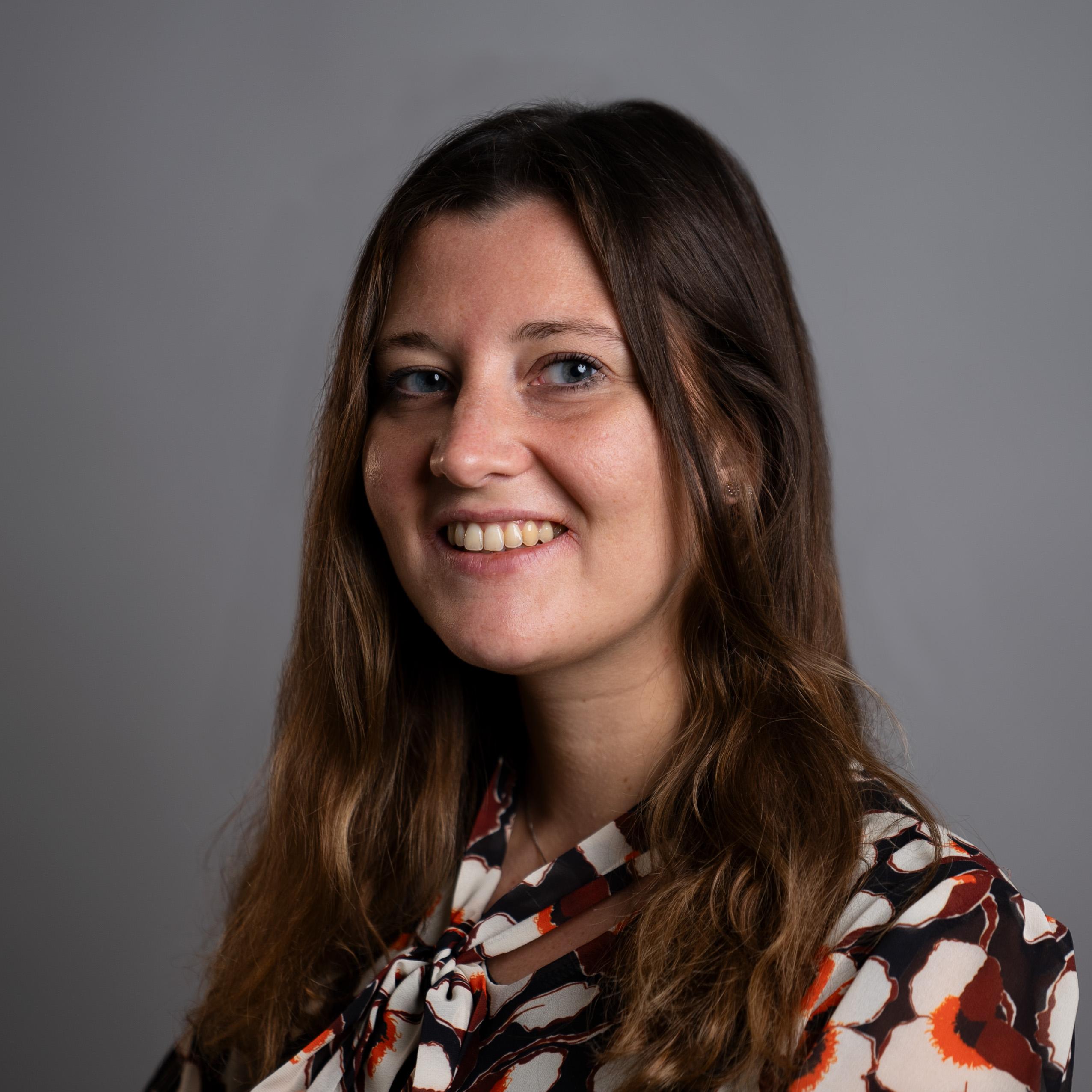
Federica Agostini
Research Associate
Robert Schuman Centre for Advanced Studies
-
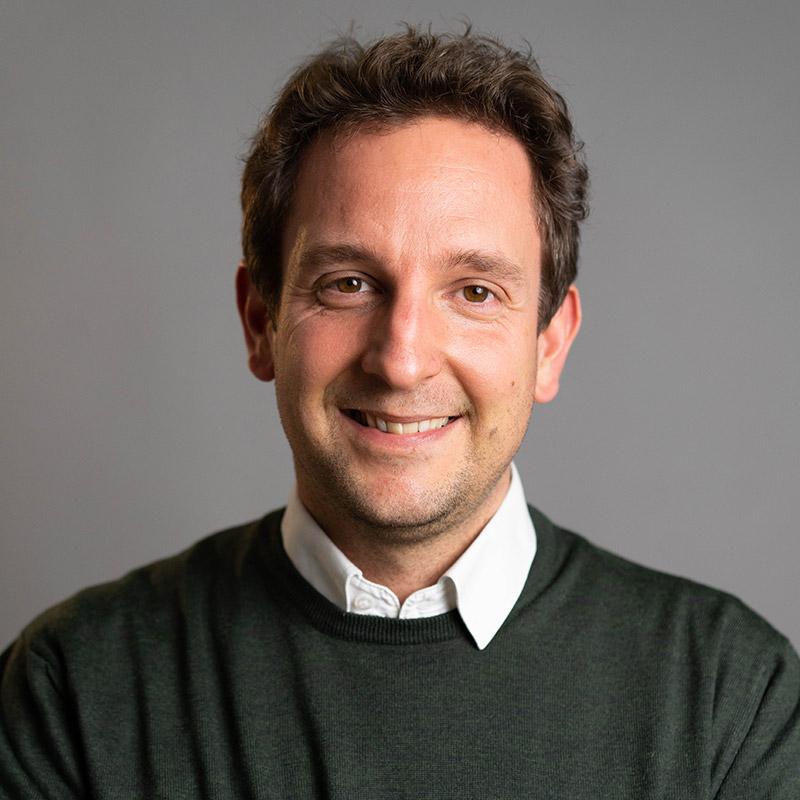
Pierre Schlosser
Deputy Director
Florence School of Banking and Finance
-

Agnieszka Smoleńska
Senior Policy Fellow
Centre for Economic Transition Expertise (LSE)
External faculty
-

Matt Scott
Executive Director
UK Centre for Greening Finance & Investment based at Oxford University
Day 1 – Wednesday, 17 April 2024
12:00 – 13:00: Lunch
13:00 – 14:00: Presentation of the School and of the course followed by a Tour de Table, outline of the course, ice-breaking activity and concept mapping exercise.
14:00 – 15:30: Session 1 – What is ‘net zero’ transition
15:30 – 16:00: Coffee Break
16:00 – 17:30: Session 2 – Deep dive on transition finance
17:30 – 18:30: Cocktail
18:30 – 20:30: Dinner with dinner speech
Day 2 – Thursday, 18 April 2024
9:15 – 10:45: Session 3 – Transition plans: from voluntary standards to regulatory requirements (market conduct perspective)
10:45 – 11:15: Coffee Break
11:15 – 12:45: Session 4 – Scenario analysis and portfolio alignment methodologies
12:45 – 14:00: Lunch Break
14:00 – 15:30: Session 5 – Prudential uses of transition plans (supervisory perspective)
15:30 – 16:00: Coffee Break
16:00 – 17:30: Session 6 – Practical exercise on the do’s and don’ts of transition plans
No social activity on this day
Day 3, Friday 19 April 2024
9:15 – 10:45: Session 7 – Sectoral approach (the case of energy) – led by the Florence School of Regulation
10:45 – 11:15: Coffee Break
11:15 – 12:45: Session 8 – Closing Panel: Outlook for transition plans and the analytical frontier
12:45 – 13:00: Closing remarks
13:00 – 14:00: Lunch Break and end of the course
- € 1950 – Private Sector
- € 1750 – Public Authorities (e.g. National Competent Authorities, Central Banks) and European Institutions
- € 950 – Full-Time Professors, PhD Students, Research Associates
- Group discounts available upon request
The fee includes tuition, access to all course materials and pedagogic activities, coffee and lunch breaks and social activities. It does not include travel and accommodation expenses or other local transportation costs (taxis, private cars).
Please submit a certificate attesting your status as a Professor, PhD Student or Research Associate to fbf@eui.eu before registering. FBF secretariat will provide you with a code to register. Seats for academics are limited.
Please note that the payment must be settled two weeks before the start of the course.
A certificate of attendance will be provided to all participants after the course.
CANCELLATION POLICY
- In case you can no longer attend the course, you are required to inform the organisers by sending an email to fbf@eui.eu in order to free a seat for participants on the waiting list.
- In case of frequent cancellations, FBF reserves the right not to accept further registrations from the same person.
For more details, please contact fbf@eui.eu
Accommodation
Participants are responsible for their own accommodation during their stay in Florence. Below are some hotels that are conveniently located either for the city centre or for the course venue.
Fiesole (closer to the European University Institute)
- Villa La Stella, Via Iacopone da Todi 12, Firenze, ph. +39 055 5088018, info@villalastella.it
- Hotel Villa Fiesole, Via Frà Giovanni da Fiesole Detto l’Angelico, 35, Fiesole,
- +39 055 597252, info@villafiesole.it
Florence Historic Centre – Santa Maria Novella Train Station area
- Grand Hotel Minerva, Piazza Santa Maria Novella 16, Firenze, ph. +39 055 27230, booking@grandhotelminerva.com
- Hotel Garibaldi Blu, Piazza di Santa Maria Novella, Firenze, ph.+39 055 277300, booking@wtbhotels.com
- Hotel L’Orologio, Piazza Santa Maria Novella 24, Firenze, ph. +39 055 27 73 80, booking@wtbhotels.com
- Hotel Lungarno, Borgo S. Jacopo 14, Firenze ph. +39 055 27261, bencini@lungarnocollection.com
- Hotel Rosso 23, Piazza di Santa Maria Novella 23, Firenze, ph.+39 055 277300, booking@wtbhotels.com
- Hotel Santa Maria Novella, Piazza di Santa Maria Novella, Firenze,
ph.+39 055 271840, booking@wtbhotels.com
- Portrait Hotel, Lungarno degli Acciaiuoli 4 Firenze, ph. +39 055 2726 8000, bencini@lungarnocollection.com
Florence Centre – Piazza della Libertà area
- Hotel Cellai, Via 27 Aprile 14, 52/R, Firenze, ph. +39055489291, customer.service@hotelinfirenze.com
- Hotel San Gallo Palace, Via Lorenzo il Magnifico 2/4, Firenze, ph. +39055463871, infosangallo@allegroitalia.it
- Hotel il Guelfo Bianco, Via Cavour 29, Firenze, ph. +39055288330, info@ilguelfobianco.it
- Hotel de La Pace, Via Alfonso la Marmora, 28, Firenze, ph. +39055577343, info@hoteldelapace.com
- The Social Hub, Viale Spartaco Lavagnini, 70 – 72, 50129 Florence, +38055 062 1855, florence@thesocialhub.com
- Palazzo Castri, Piazza della Indipendenza, 7, 50129 Firenze, ph. +39055 472118, welcome@palazzocastri.com
How to reach the seminar venue
- From Florence airport (approximately 1 hour by public transportation, 25/30 minutes by taxi).
Florence airport is located 8 km from the city centre.
Taxis can be found outside the arrival terminal and no reservation is needed: the cost of a 25/30 minute ride is approximately € 25.

As a general note, it is also possible to request a taxi by calling one of the following numbers: (+39) 055 4390 / 4499 / 4242 / 4798 or using the app itTaxi. Kindly note that in Italy taxis cannot be flagged down as they pass you along the street. Taxis are instead “stationed” at special taxi parking stands in most of the major squares in any city and at the airport. Please refer to this website for an overview of the taxi fees from/to the airport. Please also note that Uber and Bolt are not available in Florence.
If you wish to reach the course venue from the airport with public transportation, the tramway ride is a convenient option to head to the city centre: tramways have a dedicated airport stop and you should get off at the last stop, “T2-Unità”. From there, please refer to the paragraph below (“From the main railway station”). Tramway tickets cost €1.50 and can be purchased at the vending machines outside the airport: they last 90 minutes and can be used both on tramway and buses.
- From the main railway station (approximately 40 minutes)
Reach the bus stop “Stazione Nazionale”; take bus n.7, direction “Fiesole Piazza Mino”; get off at the bus stop “Di San Domenico 01”; and walk downhill to Villa Schifanoia on Via Boccaccio.
Bus and tram tickets may be purchased digitally by sending a text message with “Firenze” as text to 488.01.05 or by using the Tabnet APP which you can get from the App Store or Google Play. Tickets can also be purchased from official ticket offices, machines and authorized retailers that display the ‘Autolinee Toscane’ sticker. This website provides itineraries for public transportation: https://www.at-bus.it/en/travel/tripplanner.html
- Nearby airports
Pisa International Airport (Galileo Galilei Airport), is located 85 km from Florence. The shuttle Pisa Mover connects Pisa Airport to Pisa Railway Station, and it is in service every day from 6.00 a.m. to midnight with variable frequencies. The average travel time between the airport and the railway station, including the intermediate stop, is about 5 minutes. From Pisa Railway Station it is possible to take a train to Florence Railway Station (average travel time is one hour). Timetable and ticket options are available at Trainline.
Guglielmo Marconi Bologna International Airport is located 105 km from Florence. It is connected to Bologna Central Station by the shuttle train “Marconi Express” that leaves every 7 minutes. Tickets can be purchased on this website. From Bologna Central Station, Florence can be reached with a high-speed train in about 40 minutes. Timetable and ticket options are available at Trainline.
IT information
- Upon arrival, you will be provided with temporary Wi-Fi access for the duration of the event.
- If using your company laptop, please check with your company IT department regarding firewall protections before your departure. EUI uses a Captive Portal authentication to access the EUI Wi-Fi network.
On-site contact points
For any practical questions, please feel free to contact the Florence School of Banking and Finance to the attention of Shauna Kavanagh (fbf@eui.eu).
Restaurants
Below you can find a few suggestions on restaurants located in Fiesole or the city centre, which might be useful for your free night(s).
- Osteria di Giovanni – Ph. 055284897
- Coquinarius Firenze – Ph. +39 055 230 2153
- Restaurant Accademia – Ph. +39 055 217343
- Il Vezzo – Ph. +39 055 281096
- Finisterrae – Ph. +39 0552638675
- Coquinarius Fiesole – Ph. +39 055 597 8356
- La Reggia degli Etruschi – Ph. +39 333 355 6126
